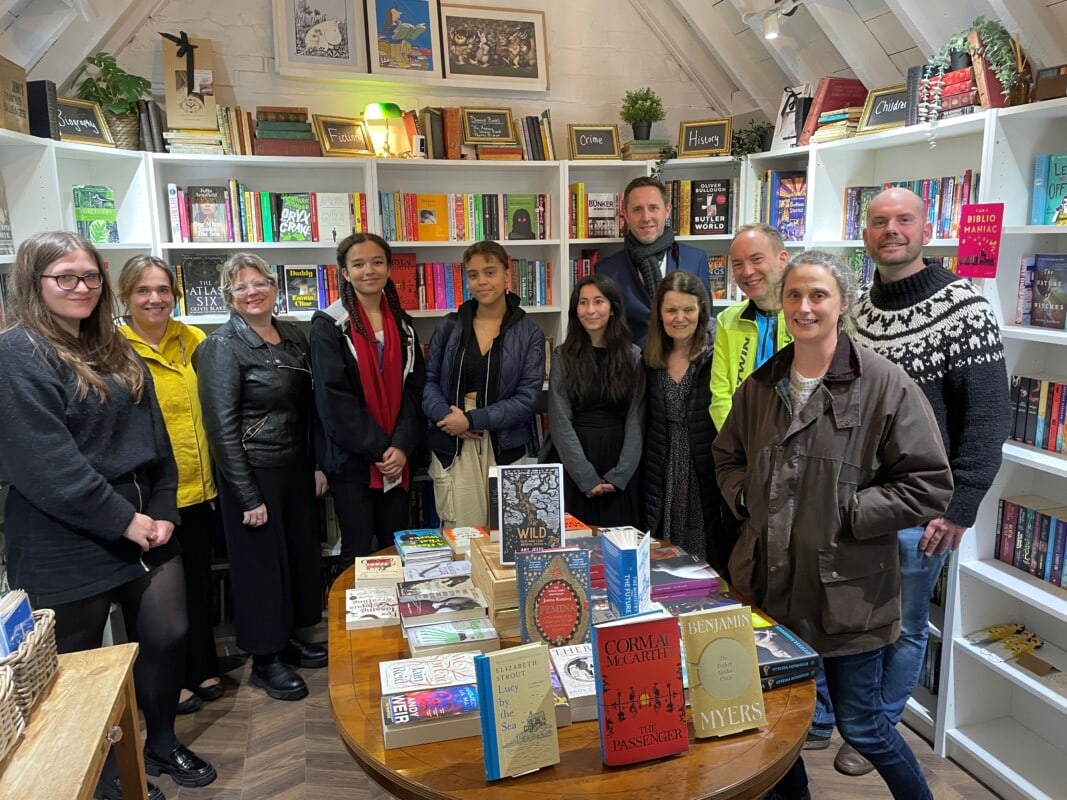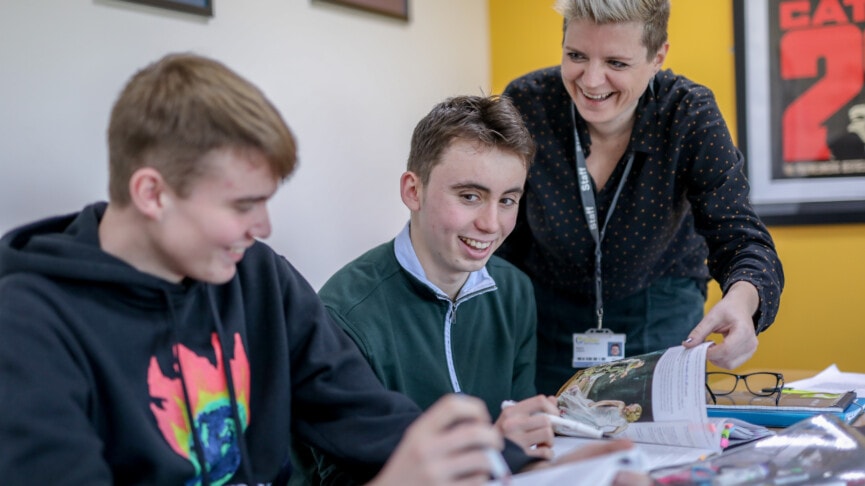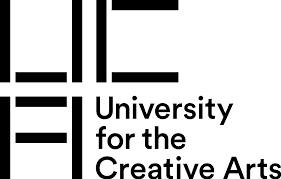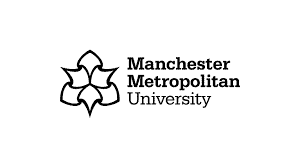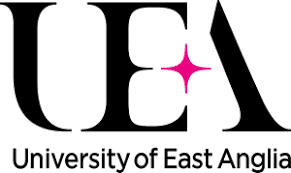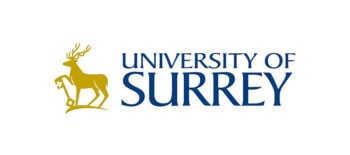Overview
The study of English Literature is varied and always exciting. You will analyse eight works covering the period from 1300 to the present day. These include an anthology of modern poetry; Shakespeare’s Twelfth Night; Shelley’s Frankenstein alongside Margaret Atwood’s The Handmaid’s Tale; Tennessee Williams’ A Streetcar Named Desire; and Geoffrey Chaucer’s bawdy and brilliant The Wife of Bath.
You will also learn how to respond to unseen poetry and to compare it to poetry you have studied, developing your analytical skills. These excitingly varied works will relate to each other, often in unexpected ways, enabling you to make interesting links and contrasts.
Importantly English Literature students are expected to read a great deal. Much of this will be carried out independently, and students should feel comfortable seeking out new texts for their own enjoyment, to enrich classwork and to practise using a range of strategies for reading.
Entry Requirements
In addition to the general criteria that the college requires, you will need a minimum of:
- Grade 4 in GCSE English Literature
- Grade 4 in GCSE English Language
Course Details
Over the course of two years, you will study: modern poetry as well as older poetry such as Chaucer’s The Wife of Bath; you will learn to compare the writing styles and themes of two novels, Frankenstein by Mary Shelley and The Handmaid’s Tale by Margaret Atwood; you will study drama: Twelfth Night by Shakespeare and A Streetcar Named Desire by Tennessee Williams; finally you will study a specialist subject for the coursework in which you will compare two texts, which may be from any genre.
Assessment
Assessment is by three written exam papers (worth 80% of the final mark) and coursework (worth 20% of the final mark). The coursework is written in the second year.
Subject Combinations
English Literature is a highly valued subject and combines well with a wide range of other subjects. It should only be combined with English Language A Level if you are 100% committed to studying English at University.
University Destinations
English Literature A Level is a highly respected qualification, with 90% of our students progressing onto university.
Here are some typical University Destinations that our English Literature A Level students go on to.
Click on a destination to see some examples of courses they have taken.

University of Bristol
Typical courses: Classical Studies / Economics and Politics / History / Liberal Arts With Study Abroad
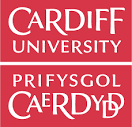
Cardiff University
Typical courses: Archaeology and Ancient History (Integrated) / English Literature / French and English Literature (4 years)
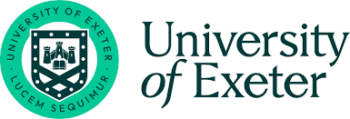
University of Exeter
Typical courses: Classical Studies and Theology / International Relations / Law with European Study
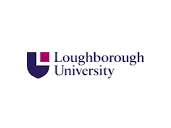
Loughborough University
Typical courses: Design (with placement year) / Liberal Arts (with Placement Year)
Careers
English Literature A Level can lead to a variety of degree courses. It attracts a lot of applicants for university as it combines the academic, creative, and analytical skills which are so valued in many careers. The skills are transferable to a range of disciplines and careers, including Publishing, Journalism and Law.
FAQs
What is the difference between the three English A Level courses?
They are all quite different from each other, here’s a quick breakdown;
- English Literature – This is your traditional English A Level. You study plays, poetry, drama and then you discuss the issues within those texts in class and write essays about them. The range of text goes from the Romantics, Shakespeare, and then modern poetry and modern plays. There is a lot of reading on this course, and you will need to enjoy reading to do this course.
- English Language and Literature – 70% of the course is English Literature where you will study poetry, a play, and novels. In addition, there is a creative writing focus as well as some literary non-fiction books on this course.
- English Language – This course is the most different to the one you studied at English Language GCSE. Here you will study the history of English and how it has evolved over time, things like etymology (where words come from) and the influence of historical events on the English language. We also look at how children learn to speak and write, and the theories surrounding that. There is also a creative writing element here and please note, there are absolutely no plays or novels to study on this course. It is all non-fiction. All the examinations are unseen, so you won’t be given any text and instead you must respond to the questions based on what you have learned on the course.
What extra support/enrichment activities are on offer?
There are subject tutorials available with our teachers and the department runs a weekly clinic to support students with a range of syllabus topics. We also have strong links with the Learning Support department, which offers specific help when needed on everything from technical skills, and planning essays to improving your reading skills.
We run courses in creative writing as a complementary study option in your first year, and at the end of the year during Wider Skills Week. English Language is well represented on our Enrichment programme of talks and seminars, and we have frequent visits to the theatre.
Our Learning Resource Centres offer extensive online resources that you can use in college or at home. To find out more visit Online Subscription Resources for English
How big are the class sizes?
The maximum size of classes is 20, but the majority of our classes are smaller than this.
What is the expectation of reading on each course?
As you would expect with an English A Level you will be doing a lot of reading.
With English Literature, you need to read two novels in the second term, a play, and a collection of poetry. The most successful students are the ones who will be reading beyond the syllabus.
With English Language and Literature, you only read one novel instead of two, which is Jayne Eyre, by Charlotte Bronte.
There are no set texts for English Language, but you will be reading a wide range of content, for example an extract from the 1600s or a transcript of children’s speeches, and taking them home to annotate and then bringing it back into class ready to discuss.
What is the difference between English Language and English Literature?
These subjects are radically different courses that involve practising very different skills. English Literature is about reading, analysing, and evaluating poetry, drama and novels, looking at the ways that writers use techniques to create effects. English Language is the study of spoken and written language taken from everyday sources. It focuses on how values, attitudes and purposes are revealed through choices of language. This is very different from English Language at GCSE.
